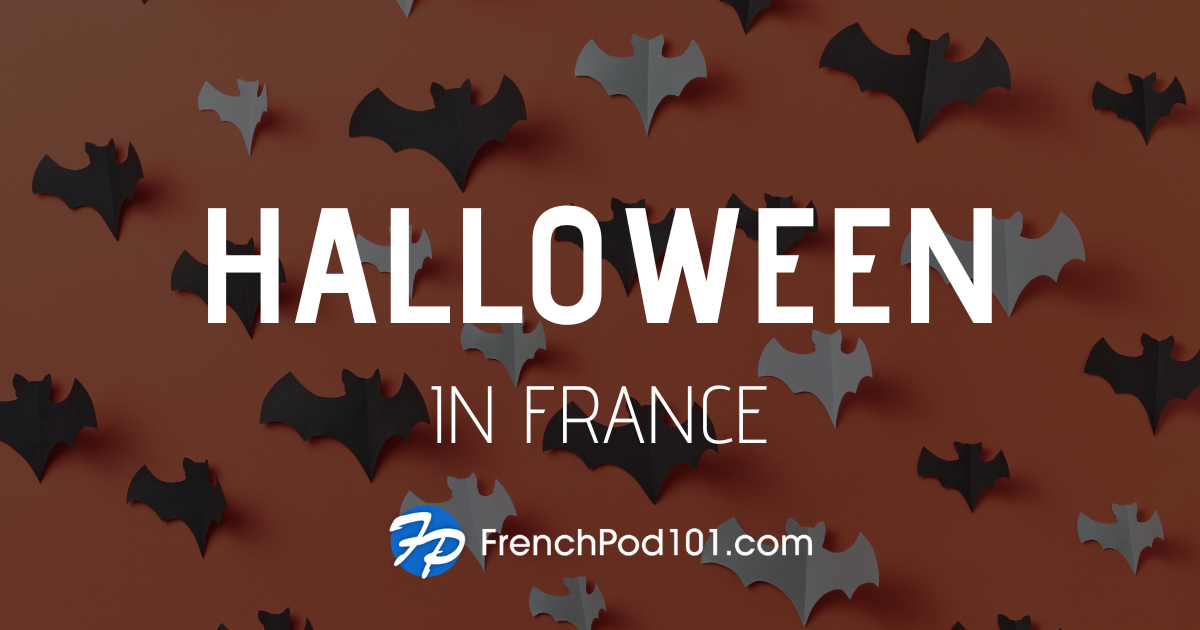Each year the French celebrate their national holiday known as Bastille Day and also called Fete Nationale on the fourteenth of July. In July 1789, the prison in Paris was known as the Bastille and held only seven prisoners at the time.
However, during the French Revolution, the prison was stormed (Storming of the Bastille) and became a symbol of the modern nation’s uprising and the reunion of the French in the monarchy.
A year later, the anniversary of this momentous occasion was held to recognize the milestone reached after such occurrence.
The celebrations are held in the morning on the fourteenth of July each year in the presence of the President of the Republic in Champs Elysees Avenue located in Paris.
The opening of the parade starts with the cadets and infantry troops. The French allies are usually invited to the ceremony as a form of common courtesy. In the past, British troops were invited to lead the parade.
One of the traditions is to have the students at École Polytechnique work on setting up some type of joke or prank to play.
Usually, the President of the Republic would be available to the press for interview to discuss the current economic situation of the country as well as future projects that were in the pipeline.
The celebration continues with a party in the Palais de l’Elysee with the President in attendance.
This national holiday is usually ongoing during the Tour de France and the French riders use this as an impetus to work harder to win as many medals for France.
On that day, the constitution allows the President the authority to give pardon to people that have committed mild offences.
Bastille Day depicts the way that the French felt about the ending of the Revolution and July 14th reminds them of how fortunate they are that the uprising of the monarchy was not long lived.
The initial celebration in 1790 was a big event with fireworks and a feast that lasted for four days. Since then the French carry on the tradition for one day, but do so with a festive parade.









